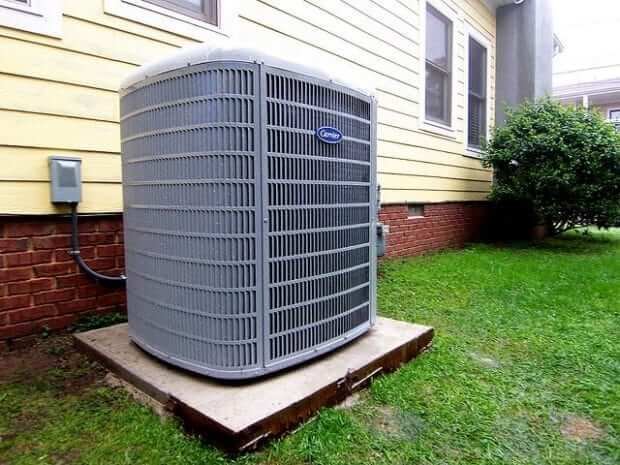The price of a central AC unit can change significantly based on a variety of factors, including the size and efficiency of the unit, the cost of installation, and any additional features or warranties that may be included. The price of a central air conditioning unit might range anywhere from $3,000 to $7,000 on average.
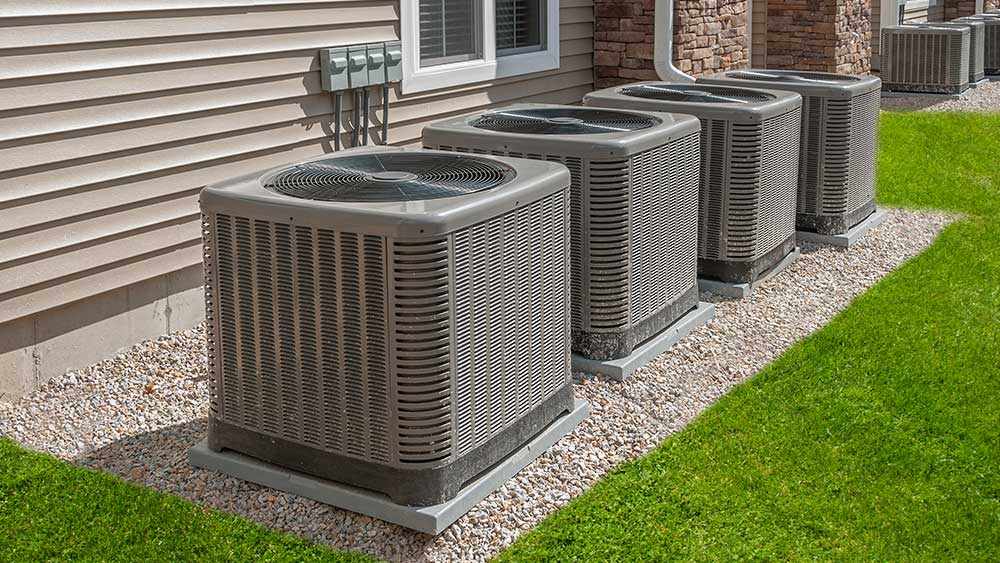
Also See: Find HVAC Repair Pros Near You
What factors affect the cost of a central AC unit?
The price tag on a new central AC system depends on a number of variables. Having this information at your disposal will allow you to make a well-informed decision and plan accordingly.
1. Unit Size and Efficiency Rating
The size and efficiency rating of a AC unit is the primary determining factor in how much money it will cost. The larger the size, the higher the price. Air conditioners with higher efficiency ratings, such as a Seasonal Energy Efficiency Ratio (SEER) of 16 or above, would often cost more than those with lower ratings.
2. Cost of Installation and Labor
The price of labour to set up the system is another key consideration when pricing a central air conditioner. The installation of a central air conditioner is a complicated process that calls for expert skill and expensive tools. The size and complexity of the system, as well as its placement within the house, will all affect the final price tag.
3. Additional Features and Equipment
Additional amenities, such as a programmable thermostat, air purifier, or zone management system, may be included in the price of some central air conditioners. Modifications to the ducting or electrical system may also be necessary, adding to the price if the unit is going to be installed in an already-built house.
4. Brand and Model
The cost of a central AC system can also be affected by the make and type of the system. You should expect to pay extra for certain makes and models because of their established reputation for longevity and dependability. Additionally, the overall cost of the item might be affected by the presence or absence of optional features or functionalities found on certain brands and models.
5. Location and Climate
The location and temperature of your home might significantly affect the cost of a central AC. For instance, the cost of a unit in an area with a hot and humid climate is likely to be higher than the cost of a unit in a region with a milder temperature. The installation of central air conditioning in an urban area will also cost more than in a more rural one.
The final price tag for a central air conditioner will be determined by several criteria, such as the required square footage of cooling space, the efficiency rating of the unit, the cost of installation and labour, and any specialized features or equipment that must be installed. You’ll be able to make the greatest possible choice and get the most for your money if you take the time to learn about and consider all of these factors.
Is it cheaper to replace or repair a central AC unit?
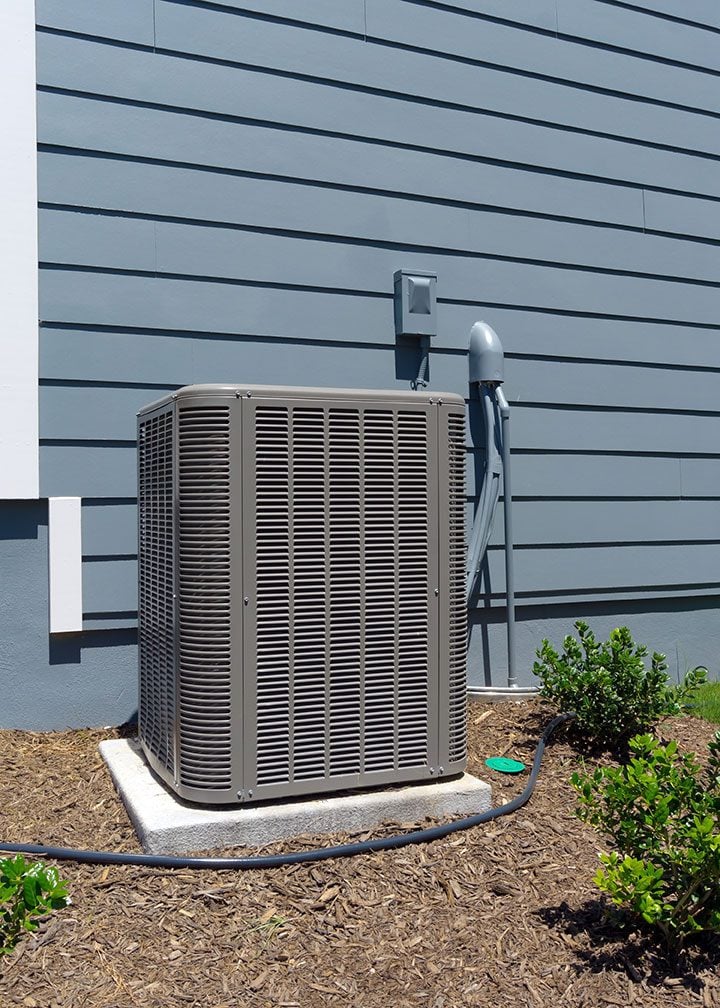
Depending on the age, condition, and efficiency of the unit, as well as the cost of repairs, it may be more cost-effective to repair a central AC unit than to replace it. It may be more cost-effective to repair the equipment if it is still fairly fresh and in good shape. However, it may be more economical to replace the unit with a newer, more efficient model if it is old and no longer performing adequately.
When considering whether to repair or replace a central air conditioner, it’s important to think about the following:
- If the unit is older than 10-15 years and breaks down frequently, it may be more economical to replace it with a newer, more efficient model.
- The cost of repairs should be considered; if they exceed half the price of a new unit, it might be more cost-effective to replace it.
- If your energy bills are excessive and your unit is not working efficiently, replacing it with a newer, more efficient model could end up saving you money.
- How often repairs have been required One indicator that it may be time to replace an older unit is how often similar repairs have been required.
- If the equipment is still covered by its warranty’s warranty, having it fixed could be less expensive than replacing it.
When considering whether to repair or replace a central AC unit, it’s crucial to factor in both immediate and future expenses. Seeking the advice of an experienced HVAC specialist could help you decide what steps to take next.
How can you save money on the cost of a central AC unit?
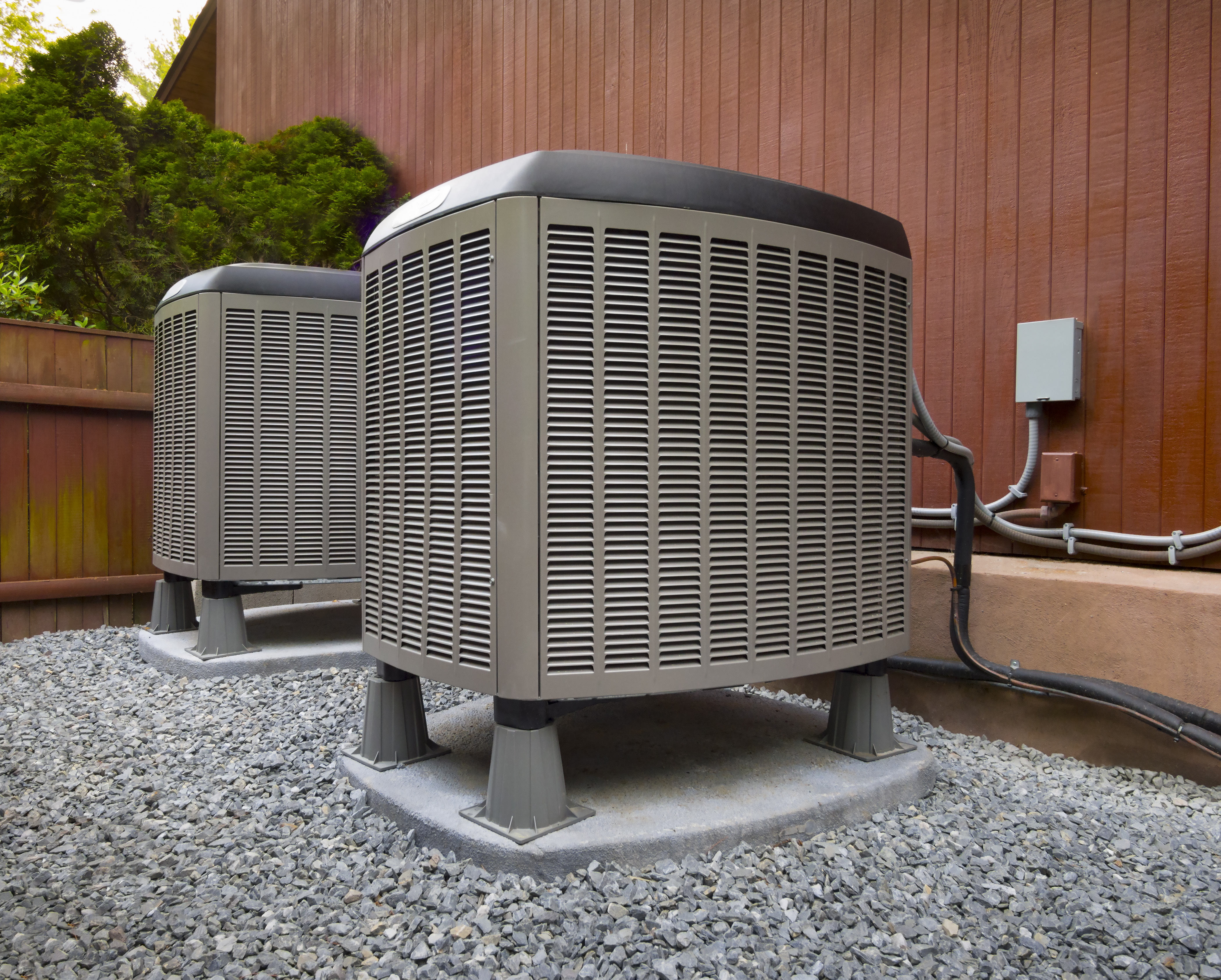
Several options exist for reducing the overall cost of a central AC:
- Properly size the unit: Be sure the size of the unit you purchase fits the needs of your household. Oversizing your unit will cause it to use more energy, which will increase your bills and shorten its useful life. If you need assistance figuring out what size HVAC system will work best for your home, contact a professional.
- Choose a high-efficiency unit: The Seasonal Energy Efficiency Ratio (SEER) is a good indicator of the energy efficiency of an air conditioner or heat pump, therefore look for a high rating. A higher SEER rating indicates greater efficiency, which in turn means lower operating costs.
- Compare prices and features: Getting the best deal possible requires checking out the competition. Don’t be hesitant to bargain with the contractor over price, and keep an eye out for deals and discounts.
- Consider a zoned system: With a zoned system, you may set individual temperatures for different parts of your home, which can significantly reduce your heating and cooling bills.
- Regular maintenance: Change the filter, clean the coils and ducts, and have a professional HVAC technician inspect your central air conditioner once a year to ensure it is operating at peak efficiency. If you keep up with routine maintenance, your system will perform better and last longer, reducing your costs.
- Timing: Getting a new central air conditioner in the off-season, when there is less of a need for them and the price may be lower, could save you money.
- Take advantage of rebates, tax credits and incentives: High-efficiency central air conditioners are eligible for several rebates, tax credits, and other incentives from utility companies, manufacturers, and even municipal governments. It’s important to know if you can take advantage of any of these.
Think about not only the price of the unit itself, but also the money you’ll save on energy and upkeep over time. By following these guidelines and taking into account the various aspects that contribute to the final price, you should have no trouble locating a central air conditioner that meets your financial requirements without breaking the bank.
Are there any government rebates or tax credits available for central AC units?
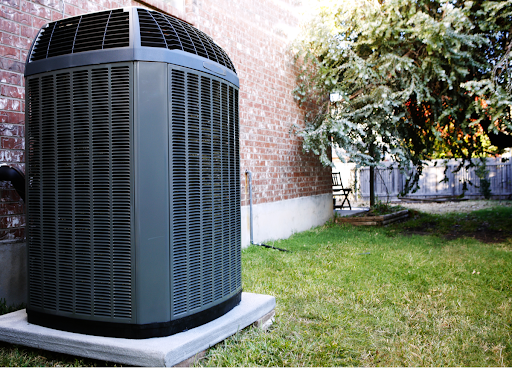
Yes, depending on where you live and what kind of central air conditioner you buy, you may be eligible for government rebates and tax credits. These rebates and discounts aren’t always readily available, depending on the state, the municipality, and the utility provider. Moreover, there are central air conditioning equipment that qualify for federal tax credits.
In some cases, you may be eligible for rebates and tax credits, such as the ones listed below:
- Federal Tax Credit: Tax breaks are available from the federal government for those who purchase specific energy-efficient central air conditioners. If the device is energy efficient enough, the credit can be as much as $300.
- State and Local Government Rebates: Government incentives are available for the purchase and installation of energy-efficient central air conditioners in many states. It’s a good idea to check with your state or local energy agency to find out what incentives are available in your area.
- Utility Company Rebates: Rebates can be found for acquiring and installing energy-efficient central air conditioners from some utility providers. It is recommended to contact your local utility provider to find out what incentives are available in your area.
It’s important to keep in mind that the rules and qualifications for various discounts, tax credits, and incentives can vary over time. If you want to find out what’s available and if you qualify, you should contact the government, the utility, and the manufacturer in your area.
Common FAQ’s
Q: How long does a central AC unit typically last?
A: With routine servicing and upkeep, a central air conditioner can last for up to two decades. However, improper maintenance can reduce the unit’s lifespan.
Q: Can I install a central AC unit myself?
A: Since installing a central air conditioner calls for specific skills and tools, it’s best to leave the job to a professional HVAC contractor. A defective installation not only compromises the functionality of the equipment but also voids the warranty.
Q: What should I look for when choosing a central AC unit?
A: The size of your home, the unit’s energy efficiency rating, the cost of installation, and any extra features or warranties should all be taken into account while shopping for a central air conditioner. The SEER rating is important since it evaluates the unit’s cooling output during a typical cooling-season divided by the energy it consumes. A higher SEER indicates greater efficiency.
Q: Can I upgrade my central AC unit to a more energy-efficient model?
A: Long-term energy expenditures can be reduced by upgrading to a more efficient central air conditioner. To be sure the new unit is the right size and will operate with your current ductwork and electrical setup, it’s best to visit a professional HVAC contractor before making the switch.
Q: What is the cost of maintenance for a central AC unit?
A: Central air conditioning maintenance costs may differ based on how often and what sort of service is required. Price ranges from $75 to $200 annually for maintenance and cleaning, with several hundred for major repairs. To keep costs low and guarantee the unit is operating efficiently, it is also advisable to think about acquiring a maintenance contract with the contractor for regular check-ups and maintenance.

